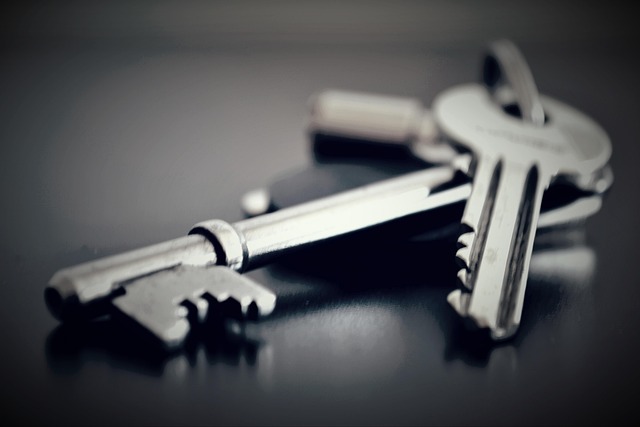In today's fast-paced world, managing chronic stress is crucial for maintaining health. Effective stress management involves identifying time wasters (like social media or minor details) using the Eisenhower Matrix, prioritizing tasks, and implementing structured schedules. Relaxation practices like mindfulness meditation, deep breathing, or yoga significantly reduce stress levels, enhance well-being, and promote mental clarity, preventing burnout and fostering resilience. These strategies optimize time utilization, improve productivity, and contribute to a more balanced and fulfilling life.
Stress is an inevitable part of modern life, but effective time management can significantly minimize its impact. This article explores powerful strategies to reclaim your time and reduce stress levels. We begin by unraveling the complexities of stress and its subtle effects on daily routines. Then, we navigate identifying time-wasting activities and prioritizing tasks for a structured approach. Discover practical time management techniques and learn how relaxation practices can complement these strategies for holistic stress reduction.
Understanding Stress and Its Impact on Daily Life
Stress is a natural response to demanding situations, but chronic or excessive stress can significantly impact our daily lives. It often manifests as feelings of anxiety, irritability, and mental fatigue, affecting our productivity, relationships, and overall well-being. In today’s fast-paced world, where demands on our time are ever-increasing, effective stress management becomes an essential skill for maintaining a healthy and balanced lifestyle.
Understanding the triggers and sources of stress is crucial in implementing successful stress management strategies. This may involve identifying time-consuming tasks, prioritizing responsibilities, or recognizing when to delegate and ask for help. By taking control of our schedules and adopting efficient time management techniques, we can reduce the impact of stressors and foster a sense of calm amidst the chaos of daily life.
Identifying Time Wasters and Prioritizing Tasks
Identifying time wasters is a crucial step in effective stress management. Many daily activities can consume more time than they’re worth, leading to feelings of being overwhelmed and rushed. Start by observing your routine and recognizing tasks or habits that divert significant time without offering much in return. Common time-wasters include social media browsing, unfocused meetings, or getting sidetracked by minor details. Once these are identified, prioritize tasks based on their importance and urgency. Use tools like the Eisenhower Matrix to categorize activities into four quadrants: urgent and important, important but not urgent, urgent but not important, and neither urgent nor important. This simple strategy ensures that you spend your time on what truly matters, minimizing stress caused by a heavy workload or feeling scattered.
Implementing Effective Time Management Techniques
Implementing effective time management techniques is a powerful tool in the arsenal against stress management. It involves recognizing and prioritizing tasks, allocating specific periods for work and rest, and minimizing distractions. By creating structured schedules and to-do lists, individuals can break down complex projects into manageable chunks, reducing feelings of being overwhelmed.
This approach ensures that time is utilized efficiently, allowing for a better work-life balance. It encourages setting realistic goals, completing tasks on time, and fostering a sense of control over one’s day. With practice, these strategies can significantly enhance productivity while lowering stress levels, contributing to overall well-being.
Incorporating Relaxation Practices for Holistic Stress Reduction
Incorporating relaxation practices is a powerful strategy for holistic stress reduction, moving beyond mere time management. Techniques such as mindfulness meditation, deep breathing exercises, or yoga can significantly lower stress levels and enhance overall well-being. These practices promote mental clarity and emotional balance, enabling individuals to approach tasks with renewed focus and reduced anxiety. By carving out dedicated time for relaxation, one can cultivate a sense of calm that permeates their daily routine, leading to more effective stress management.
Regular engagement in relaxing activities allows for a break from the relentless demands of modern life. It encourages individuals to step away from screens, quiet their minds, and connect with their inner selves. This mental respite is essential for preventing burnout and fostering resilience. Incorporating relaxation practices into one’s schedule can transform stressful situations into opportunities for growth and self-care, ultimately leading to a more balanced and fulfilling life.
By understanding the impact of stress on our daily lives, identifying time wasters, prioritizing tasks, and implementing effective time management techniques, we can significantly reduce stress levels. Incorporating relaxation practices further enhances our holistic well-being, fostering a balanced lifestyle. Effective stress management is not just about productivity; it’s about creating space for mental and physical rejuvenation, ensuring we approach each day with resilience and clarity.
